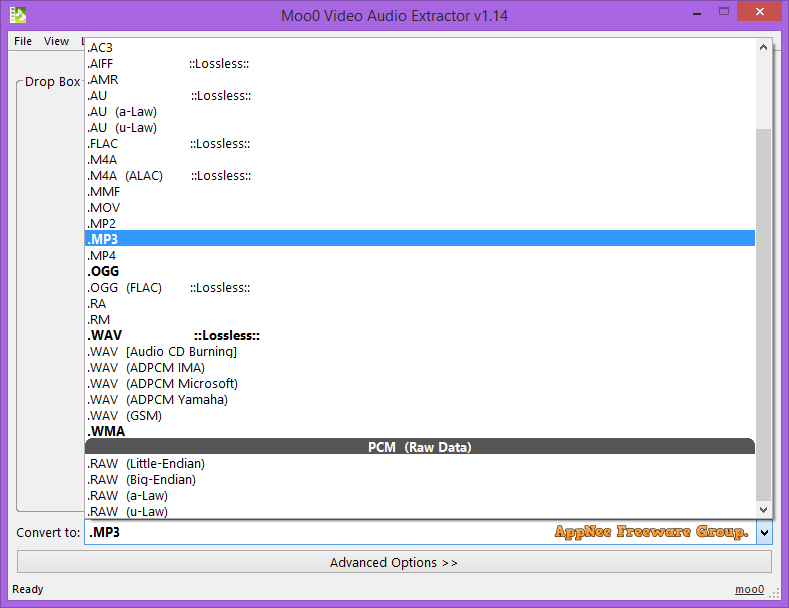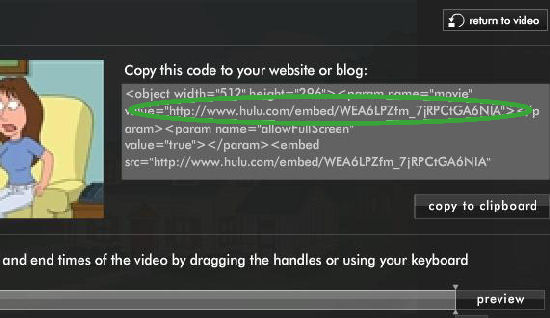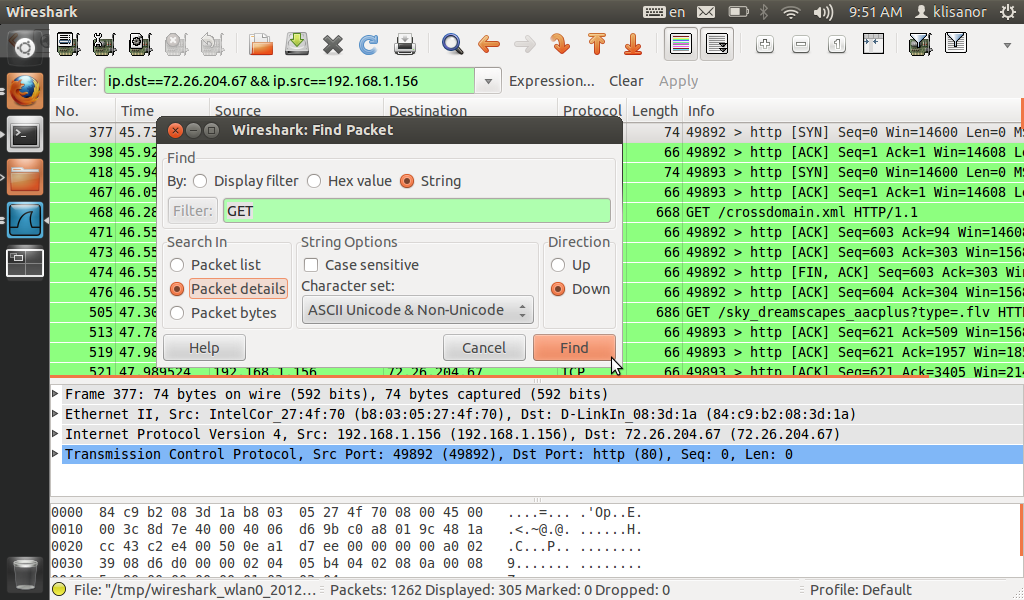
- #Stream url extractor online how to
- #Stream url extractor online zip file
- #Stream url extractor online archive
- #Stream url extractor online full
Writer.WriteLine("=")Įxample 4: Compress and decompress. Writer.WriteLine("Information about this package.") Using writer As StreamWriter = New StreamWriter(readmeEntry.Open())
#Stream url extractor online archive
Using archive As ZipArchive = New ZipArchive(zipToOpen, ZipArchiveMode.Update)ĭim readmeEntry As ZipArchiveEntry = archive.CreateEntry("Readme.txt") Using zipToOpen As FileStream = New FileStream("c:\users\exampleuser\release.zip", FileMode.Open) Using (StreamWriter writer = new StreamWriter(readmeEntry.Open())) ZipArchiveEntry readmeEntry = archive.CreateEntry("Readme.txt") Using (ZipArchive archive = new ZipArchive(zipToOpen, ZipArchiveMode.Update)) Using (FileStream zipToOpen = new FileMode.Open)) The new file gets compressed when you add it to the existing. The following example uses the ZipArchive class to access an existing.


If destinationPath.StartsWith(extractPath, StringComparison.Ordinal) ThenĮxample 3: Add a file to an existing. ' Ordinal match is safest, case-sensitive volumes can be mounted within volumes that
#Stream url extractor online full
' Gets the full path to ensure that relative segments are removed.ĭim destinationPath As String = Path.GetFullPath(Path.Combine(extractPath, entry.FullName)) If (".txt", StringComparison.OrdinalIgnoreCase) Then Using archive As ZipArchive = ZipFile.OpenRead(zipPath)įor Each entry As ZipArchiveEntry In archive.Entries If Not extractPath.EndsWith((), StringComparison.Ordinal) ThenĮxtractPath += Path.DirectorySeparatorChar
#Stream url extractor online zip file
' Without this, a malicious zip file could try to traverse outside of the expected ' Ensures that the last character on the extraction path If (destinationPath.StartsWith(extractPath, StringComparison.Ordinal))Ĭonsole.WriteLine("Provide path where to extract the zip file:")ĭim extractPath As String = Console.ReadLine()ĮxtractPath = Path.GetFullPath(extractPath) Ordinal match is safest, case-sensitive volumes can be mounted within volumes that String destinationPath = Path.GetFullPath(Path.Combine(extractPath, entry.FullName)) Gets the full path to ensure that relative segments are removed. If ((".txt", StringComparison.OrdinalIgnoreCase)) Using (ZipArchive archive = ZipFile.OpenRead(zipPath))įoreach (ZipArchiveEntry entry in archive.Entries) If (!extractPath.EndsWith((), StringComparison.Ordinal))ĮxtractPath += Path.DirectorySeparatorChar Without this, a malicious zip file could try to traverse outside of the expected Ensures that the last character on the extraction path String zipPath = path where to extract the zip file:") ĮxtractPath = Path.GetFullPath(extractPath)
#Stream url extractor online how to
The following example demonstrates how to check for malicious file paths and provides a safe way to unzip. This is known as a path traversal attack. When unzipping files, you must look for malicious file paths, which can escape from the directory you unzip into. When prompted, provide a folder name to extract to. zip file called result.zip in your program folder. The extension method ExtractToFile for the ZipArchiveEntry object is available in the System.IO.Compression.ZipFileExtensions class. zip file, and the ZipArchiveEntry class to inspect the individual entries.

It uses the ZipArchive class to access the. The following example iterates through the contents of an existing. ZipFile.ExtractToDirectory(zipPath, extractPath)Įxample 2: Extract specific file extensions

ZipFile.CreateFromDirectory(startPath, zipPath) ZipFile.ExtractToDirectory(zipPath, extractPath) String startPath = zipPath = extractPath = zipPath) To run the sample, create a start folder in your program folder and populate it with files to zip. zip file, and then extracts the file to a new folder. The example compresses the contents of a folder into a new. The following example shows how to create and extract a compressed. NET Framework, add references to these two libraries to your project:Įxample 1: Create and extract a. These examples require the following NuGet packages to be added to your project: The following examples show some of the operations you can perform with compressed files. You also can use these types to read and modify the contents of a compressed file: The System.IO.Compression namespace contains the following classes for compressing and decompressing files and streams.


 0 kommentar(er)
0 kommentar(er)
